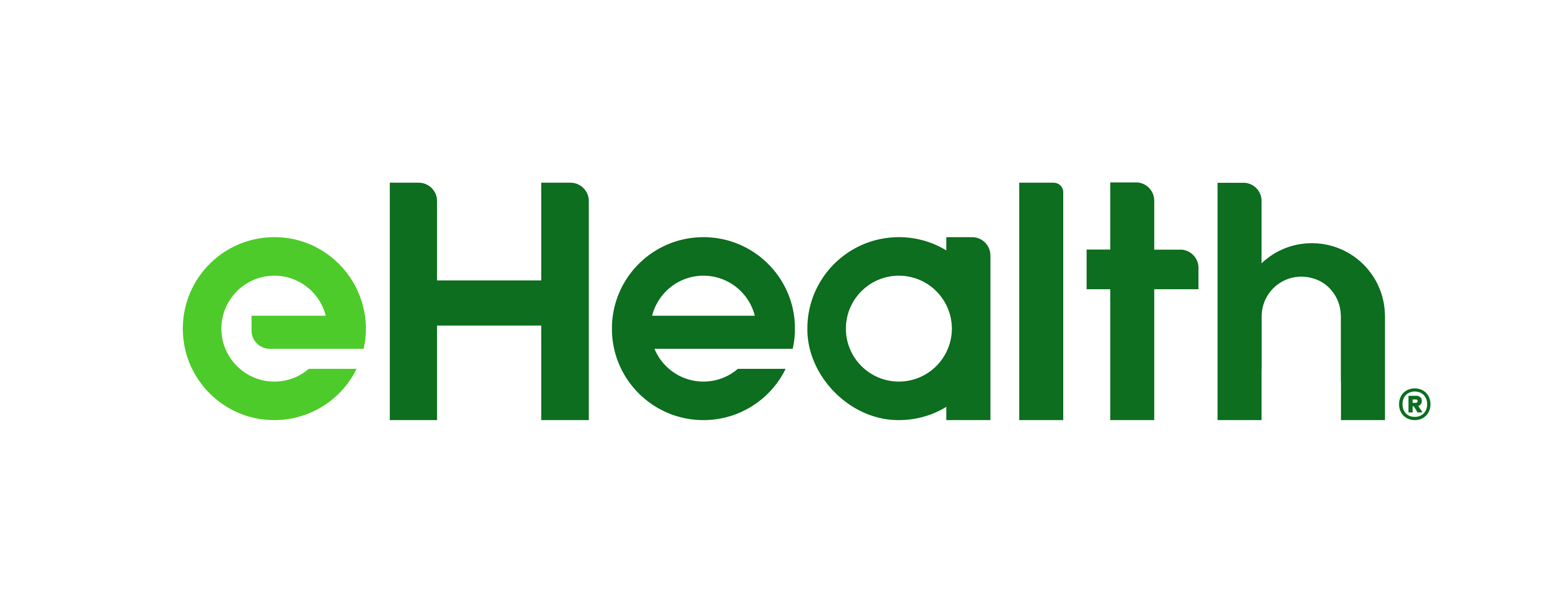eHealth Sets the Health Reform Record Straight With Obamacare Myths vs. Realities
"Many American consumers are still unfamiliar with the Affordable Care Act and what it means for them," said
The Obamacare myths identified below reflect points of confusion that are sometimes expressed by health insurance consumers contacting eHealth's
Obamacare Myths vs. Realities
MYTH: Government health insurance exchanges are the only places to buy insurance in 2014.
REALITY: There are also licensed online health insurance marketplaces like eHealth.com where individuals and families can shop for and purchase reformed 2014 health insurance plans that will meet their coverage requirements under the Affordable Care Act.
MYTH: It's cheaper to buy a 2014 health insurance plan through the government exchange.
REALITY: Unless you qualify for a government subsidy, you won't save any additional money by shopping through the government exchange. Since health insurance rates are regulated by the states, you'll pay the same monthly premium for any given health insurance plan whether you buy it from a licensed online marketplace like eHealth, from a government exchange, or from the insurance company. Shopping through a licensed online marketplace like eHealth can give you a broader view of your coverage options and easier access to personal assistance from licensed agents.
MYTH: The penalty for being uninsured in 2014 is only
REALITY: You may face a tax penalty much higher than
MYTH: I can go uninsured this year and just enroll in a health plan when I get sick.
REALITY: The Affordable Care Act established specific open enrollment periods when consumers can enroll in health insurance coverage. The current open enrollment period runs through
MYTH: "Government insurance" plans purchased through the state exchanges will be accepted by all doctors and hospitals.
REALITY: Whether your health insurance plan was purchased through a government exchange or elsewhere, you will typically be limited to visiting doctors and hospitals in your plan's provider network if you want to get the best coverage for your medical care. Individual and family plans purchased through the government exchanges are not "government insurance" products in the way that
MYTH: Subsidies are for people who need
REALITY: While the Affordable Care Act does allow states to expand access to
MYTH: I have to buy an Obamacare plan even if I'm on
REALITY: If you're already enrolled in
MYTH: I have to buy an Obamacare plan even if I'm offered insurance through my job or through a family member's employer.
REALITY: If you are enrolled in a health insurance plan through an employer and that health plan is compliant with the coverage requirements of the Affordable Care Act, you do not need to buy health insurance on your own in 2014. If you lose your employer-based coverage in the middle of next year, this is considered a "qualifying event" and you will be able to purchase a plan on your own at that time -- even outside of the nationwide open enrollment period.
MYTH: If I don't already have health insurance I will have to pay a tax penalty.
REALITY: Under the Affordable Care Act, you are only subject to a tax penalty if you are uninsured for more than three consecutive months in 2014, or if your coverage is not compliant with the law's requirements (with certain exceptions) for more than three consecutive months in 2014.
MYTH: Obamacare has been delayed. I don't need to worry about it until they get the website fixed.
Reality: Though government health insurance exchange websites have experience some difficulties, the provision of the law requiring most Americans to have health insurance still took effect on
MYTH: Navigators working for government health insurance exchanges can recommend a 2014 health insurance plan for me.
REALITY: The kind of assistance available from navigators employed by government exchanges may be limited. The Affordable Care Act itself does not require navigators to be licensed health insurance agents (though some states may require it). Navigators can help you through the process of using a government exchange, but only licensed agents can provide you with personalized plan recommendations based on your needs and budget.
MYTH: I won't have to pay the penalty for not having insurance because I have short-term health insurance.
REALITY: Short-term health insurance products are designed to provide consumers with protections against unforeseen medical bills, typically for a period of between one to twelve months. Short-term health insurance products do not meet the coverage requirements of the Affordable Care Act. Buying a short-term health insurance plan will not exempt you from the tax penalty for not having ACA-compliant coverage in 2014.
About eHealth
For more health insurance news and information, visit the eHealth consumer blog: Get Smart - Get Covered or visit eHealth's Affordable Care Act Resource Center at www.eHealth.com/affordable-care-act.
For media inquiries, please contact:
(916) 207-7674
sande.drew@ehealth.com
Cogenta Communications
(805) 527-7733
kris@cogentacom.com
Source: eHealthInsurance
